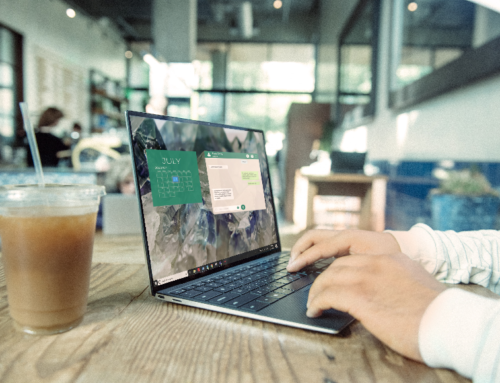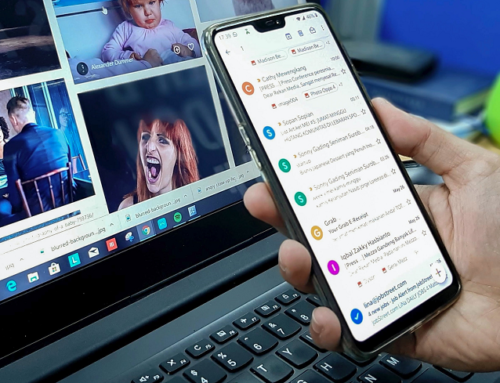Tackling Accounting’s Great Paper Problem
The notion that an office cluttered with paper is the sign of a productive, hard-working staff is long gone, but for many finance teams, the paper is still there. Paper is the antithesis of finance automation and productivity. A major way finance leaders can effectively develop efficiencies and implement cost savings is to eliminate paper from accounts receivable.
Paper is expensive; creates a highly manual, time-consuming workflows; and is bad for the environment.
Mailing out paper invoices increasingly carries the risk that your customer will receive the invoice late, or not at all. With a growing hybrid workforce changing the way you and your customers do business, paper processes needlessly complicate workflows. As your company grows, this manual, paper-based process eats up time and increases costs.
State Systems, for example, had to host monthly “folding parties” to get their invoices out the door. Each month, 10 – 15 people would gather in a room where they would print 4,500 statements and spend the day folding and stuffing envelopes. Not only was printing and mailing 4,500 statements costly, but Logan Hale, CFO of State Systems, estimates that these required about 80 working hours each month.
How Do I Get Rid of Paper?
Adopting a paperless accounting system means you need to establish email communication with your vendors and customers. Seems simple, but for many organizations, 30-70% of customer and vendor email addresses are unknown.
The lack of email addresses is not recognized as an issue until the need for paperless communication and office automation becomes painfully obvious. But, if you don’t have accurate customer email data, automating the invoice process won’t be effective. At a time when over 95% of your customers would prefer paperless invoicing, how do you collect missing accounts payable email addresses?
Collecting The Missing Email Addresses
The obvious answer is through a phone call, but that is not a scalable process. With 500 missing customer accounts payable emails, an average of 30 minutes spent collecting and cataloging email addresses would take 250 staff hours. That’s the equivalent of having a single staff member spend over 6 weeks, at 40 hours a week, making calls to collect this data.
When you have hundreds or thousands of customers and vendors, contacting them manually is not feasible.
Scaling Paperless Adoption
“How do I scale paperless adoption in a way where I can collect emails by customers entering their own information into the billing system?” This is a question that we hear often from finance teams.
Lockstep has developed a paperless adoption tool that allows your customers to directly provide their accounts payable email details using a unique signup link, unique to your company, and their customer identification number.
Through Lockstep’s innovative signup link, you can easily promote paperless invoicing through your existing contact channels, including your invoices. This allows customers to sign up for paperless invoicing, while self-registering their email addresses, in a secure way. Lockstep has built in a custom security check for you to verify the accuracy of the email address, preventing unauthorized account access.
Once the email addresses are in your system you can contact your customers and vendors to:
- Announce that you are going paperless (at least on your side)
- Introduce email delivery of statements, emails and remittances
- Announce a self-service portal for vendors and customers to self-manage their accounts
Eliminate paper invoices, envelopes and checks from your AR workflow. With award-winning Lockstep, enhance the customer experience and ease-of-use with secure, password-free online account access, while being eco-friendly.




